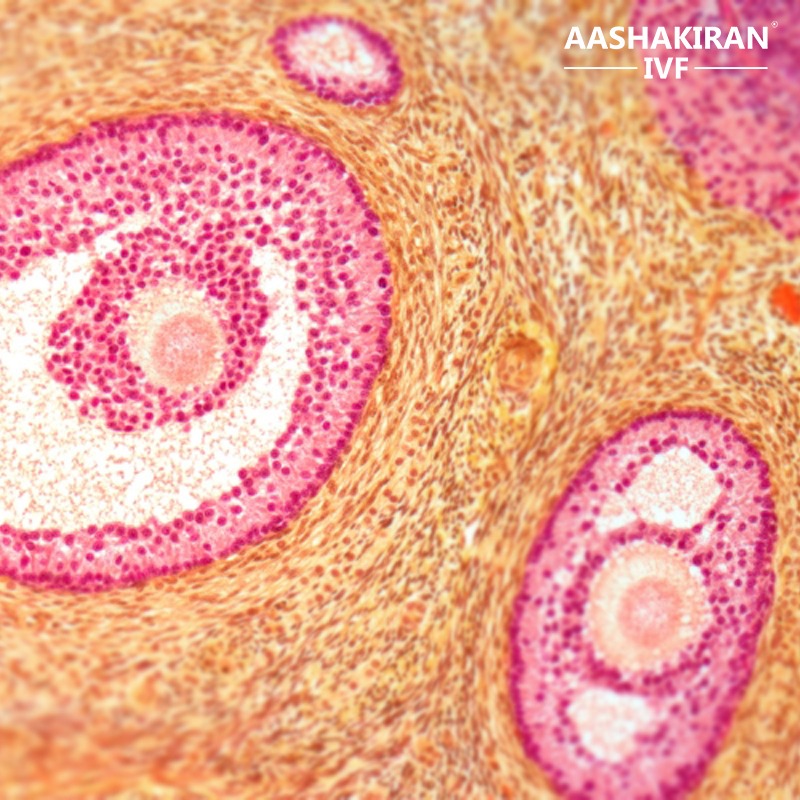
What Is Oocyte Pickup
Oocyte pickup, also known as ovum pickup or oocyte retrieval, is a medical procedure used in vitro fertilization (IVF) and assisted reproductive technologies. During OPU, a woman’s mature eggs (oocytes) are retrieved from her ovaries. These eggs are then taken to the laboratory, where they can be fertilized with sperm to create embryos for use in IVF or other fertility treatments. This is typically done under ultrasound guidance and local anesthesia or sedation.
Oocyte Pickup Services At Aashakiran IVF Center
Aashakiran IVF, a source of optimism, blends medical proficiency with genuine support, leading individuals and couples on a path to realize their aspirations of parenthood.
Our Success Stories
2300+ Real stories of Happy Couples from Aashakiran IVF Facilities, We feel deeply honored to have supported numerous couples in realizing their dreams of starting a family, year after year.
Step-By-Step Explanation Of The Oocyte Pickupjourney Within Our Clinic
Embarking on the Oocyte Pickup process may seem intricate, yet our systematic guidance simplifies each step of the journey, ensuring clarity and support throughout.

Advantages Of Oocyte Pickup Treatment
Choosing Oocyte Pickup as your path to parenthood brings numerous benefits. It’s a fulfilling and secure option.


